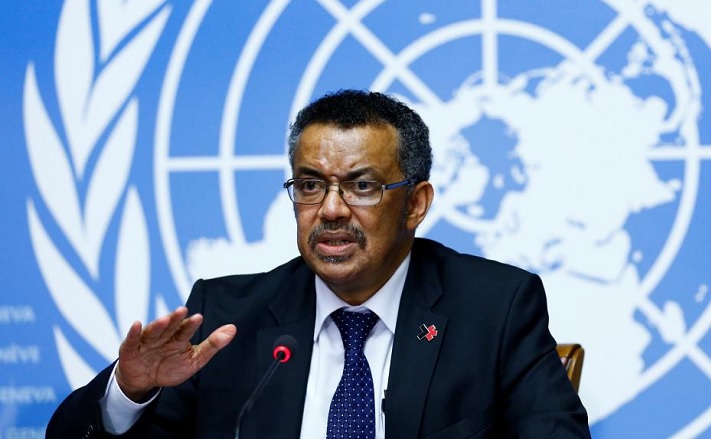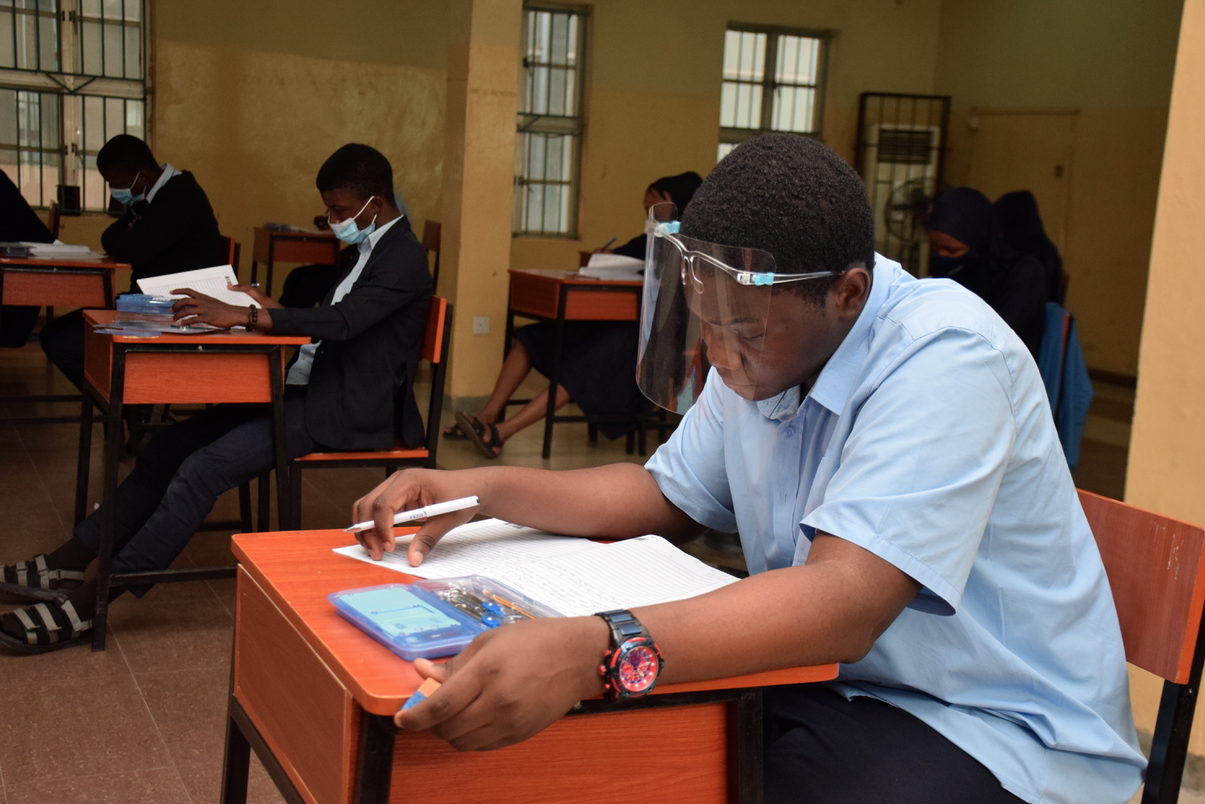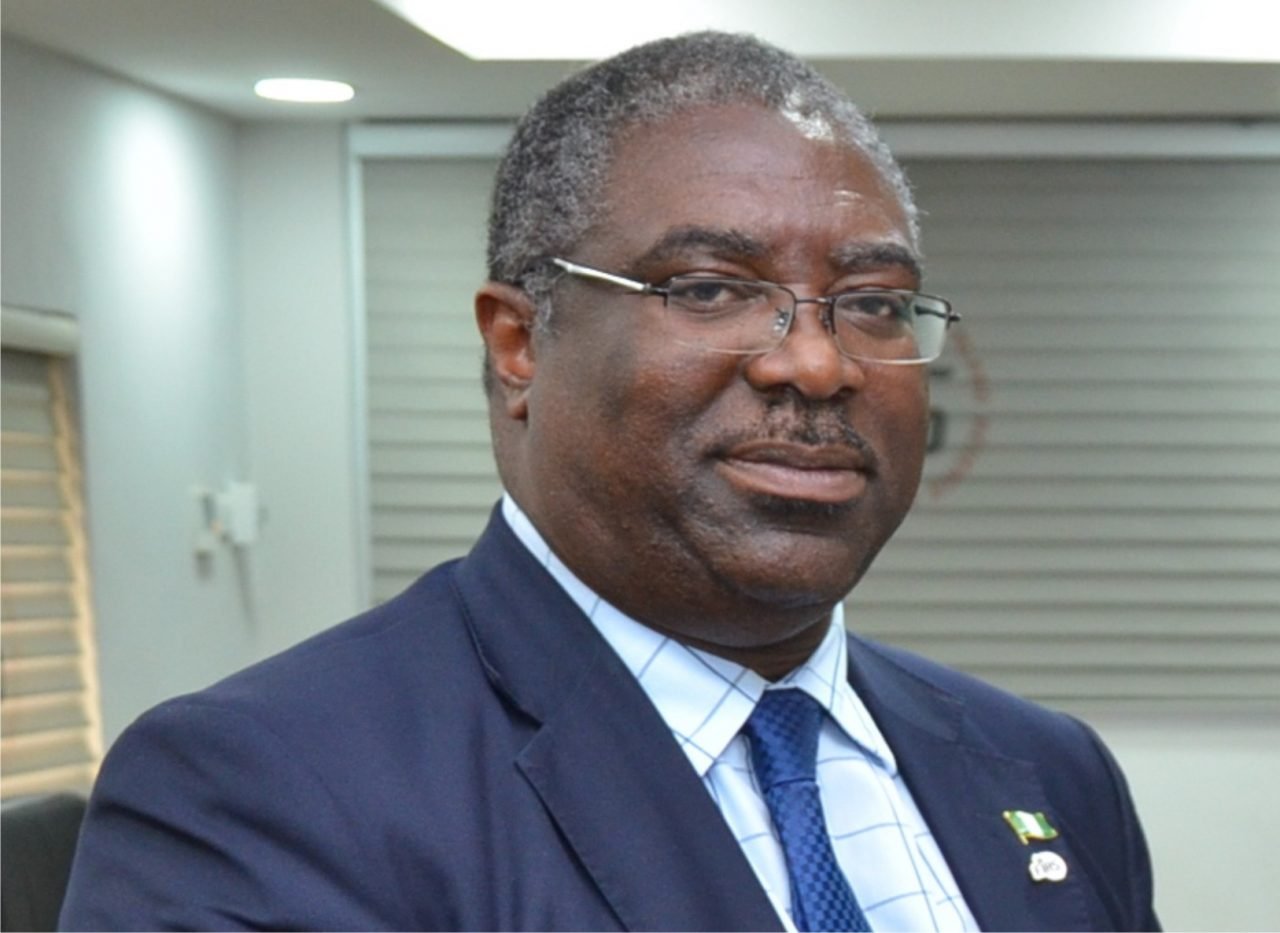BY JEREMY GAINES
Today (November 2) on the international calendar is devoted to ‘End Impunity for Crimes Against Journalists’ and comes just days after a country such as Somalia pledged to end arrest of journalists. It comes in a year when 28 journalists have already been killed in the pursuit of their profession, one of them sadly in Nigeria, and when 246 journalists are in prison for the same reason. And it comes only a few years after the killing of a journalist in Malta and Slovakia respectively led to changes in government.
This sobering day provides us with a welcome opportunity to devote some thought to the travails of media practitioners a little closer to home. And to consider the important role of their institution as they struggle to fulfil their constitutional and social responsibility in a free and democratic Nigeria.
The media in Nigeria have for decades had a special place carved out for them in the aspiration of our founding fathers to build a society founded on justice, unity, equity, progress and mutual respect. Our constitution has as a result consistently clearly stipulated their important role and placed a protective shield around them. Section 22 of the 1999 Constitution as amended reads: “The Press, Radio, Television and other agencies of the mass media shall at all times be free to uphold the fundamental objectives contained in this chapter (Chapter 2 – Fundamental Objectives and Directive Principles of State) and uphold the responsibility and accountability of the Government to the people.”
It is striking that no other professional except journalists have specific roles assigned to them by the constitution. This is a provision that confirms the status of the media in Nigeria as the fourth estate of the realm – after the legislature, executive and judiciary. In that capacity, it falls to the journalists to act as independent monitors of our freedom and democracy.
Advertisement
Indeed, the wise minds who drafted our constitution granted the media corresponding freedoms that enable them to effectively perform the role assigned to it in Section 22. Section 39 guarantees the freedom of expression including the right to hold opinions and to receive and impart ideas and information. This right also extends to the entitlement “to own, establish and operate any medium for the dissemination of information, ideas and opinions”. Like the freedom of assembly, this is a core human right that helps lay the foundations of all democracies.
A glance back in our history shows that at the latest since 1979, the constitution has, as it should, always taken measures to prevent, discourage and frown at any impunity for crimes against journalists.
This special protection of the media and media professionals is borne out of a keen sense of the role they have played in critical periods in the life of our country. When nationalists and people of other African countries had to wage armed struggle to secure their independence from the colonialists, our own nationalists resorted to wielding the power of the pen to unsettle the British. They became journalists and founded newspapers, such as the ‘West African Pilot’ by Dr. Nnamdi Azikiwe, ‘Nigerian Pioneer’ by Sir. Kitoye Ajasa, ‘African Messenger’ by Ernest Sesei Ikoli, ‘Lagos Daily News’ by Herbert Macaulay, ‘Gaskiya Ta Fi Kwabo’ by Mallam Abubakar Imam, Nigerian Tribune by Chief Obafemi Awolowo, among others. In these famous newspapers, they published crucial articles and appeals to sensitize and mobilize their fellow country men and women on the desirability of independence. It was a strategy pursued by no less a man than Nnamdi Azikiwe
Advertisement
The words the nationalists-cum-journalists penned hit home. In response, the colonialists enacted the 1903 Sedition Law and other laws to suppress the nationalists. It is dismaying to say the least that these outdated colonial laws are gradually finding their way back into our statute books, albeit in various guises. Just as the nationalists’ words persevered, so, too, we must hope that what is written today withstands repression.
The press and the journalists were sterling warriors in the war for independence. As the above-mentioned example of ‘Zik’ shows, their toil and sacrifice secured independence for Nigeria 60 years ago. The coincidence of Nigeria’s 60th independence anniversary last month and today’s focus on railing against protecting the media professions seems uncanny to us. And becomes all the more troubling when we consider reports of recent attacks on journalists simply trying to do their job and cover the youth movement.
Equally not to be forgotten are the brave male and female journalists who stood in the post-Independence frontline confronting the military during the total of 29 years and two months in which Nigeria was under martial law and led by unelected men. The media condemned repression by the military and provided a rare platform for agitation and the campaign for return to democracy. If today, we have sustained democracy for the past 21 years, then much credit goes to journalists and their institutions – the press.
As people who have closely observed government in the last 21 years, we have come to appreciate all the more how important it is to protect our ‘fourth estate’, to shield the purported ‘thorn in the side’ of politicians. It is they who have helped us make our democracy better and stronger, who have often fearlessly sought to make government accountable to the people and publicize the inefficiencies and leakages that have hindered our development.
Advertisement
Today, despite our living under a democratic dispensation, the news emanating from Nigeria about the treatment of journalists are cause for concern. Just a few days ago, the Nigeria Broadcasting Commission (NBC) clamped down on three leading television networks – Channels, AIT, ARISE – by imposing fines of N3 million on each for their explicit coverage of events around the #EndSARS protest. we regard this as an attempt to gag a key national asset: the free press. The fines come at a time when media houses’ ad takings are dwindling and other sources of revenue contracting in the wake of the economic recession. Many media houses are already worried about paying salaries. Such fines are an obvious attempt to cripple them further.
The fines are unfortunately the latest bout of suppression and repression of journalists and the media in Nigeria. For example, Reporters Without Borders, a fully independent international organisation that conducts advocacy for Freedom of Information and Press Freedom ranks Nigeria 115 out of 180 in its 2020 data of press freedom ranking, and 22nd worst African nation. It makes very troubling reading: “Nigeria is now one of West Africa’s most dangerous and difficult countries for journalists, who are often spied on, attacked, arbitrarily arrested or even killed… Journalists are often denied access to information by government officials, police and sometimes the public itself… governors are often their most determined persecutors and act with complete impunity.”
Amnesty International reports that no less than 19 journalists and other practitioners in the media suffered attacks in Nigeria. According to the report, many of them were prosecuted under the Cybercrime and Terrorism (Prevention) (Amendment) Act 2013. It must be stated that the intended purpose of that law is to tackle the growing crime of internet fraud, funding terrorism or spreading messages aimed at fuelling, sustaining and exchanging information with violent groups. Meaning it is not supposed to be used to prevent the free speech of journalists whatsoever.
Such an abuse of the law is sadly only consistent with calls being made by ministers for the government to regulate the social media, citing the situation of censorship in China of all countries in a favourable manner. Moreover, we should not be talking about shutting down the social media in times of crisis. We should be encouraging our youngsters to use them, and use them responsibly. After all, the future is digital not analogue.
Advertisement
The Amnesty International reports also noted that between 2015 – 2019, eight media houses were raided and their workers harassed while three journalists were forced into exile. The report mentioned the cases of Jones Aborisade, Kofi Bartels, Mary Ekere, Jamil Mabai, Saifullahi Mikailu, Ahmed Salkida, Samuel Ogundipe, Obinna Don Norman, Daniel and Timothy Elombah and Ohimai Amaize who have all been clamped down on by security officials.
The report also mentioned the infamous raid on the headquarters of the ‘Daily Trust’ and its offices in Maiduguri and Lagos, the raid on ‘Premium Times’, the demolition of Breeze 99. 9FM, Fresh 105. 9FM. Many of the journalists concerned were simply doing their work and the normal reaction would have been for those affected by their publications or reports to file a civil case of defamation. Might we point out that even under the military rule, military governors filed civil cases of defamation in protest against journalists or commentators in the newspapers. The case of General Murtala Muhammed Vs Prof. Ohonbamu is a clear case in point.
Advertisement
So we do ask myself why elected and other public officials file for ‘criminal’ libel against those who defame them. Is the ugly head of the old sedition law which the colonialists used to suppress the pre-independence journalists raising itself again?
If we wish to duly celebrate this International Day to End Impunity for Crimes Against Journalists, then surely moving forward, we should ensure that all elected and political appointees make it a priority to support the growth of the free press, enhancement of freedom of expression. Just how important journalists are to a nation’s well-being can be shown by two examples: What would South Africa be like today if Donald Woods and Helen Zille had not published how Steve Biko was murdered? What would the United States be without Carl Bernstein and Bob Woodward having uncovered Watergate?
Advertisement
Our legislators at state and national levels should therefore review all laws which infringe on the enhancement of freedom of the press and amend them appropriately to reflect the democratic status of Nigeria. By the same token, journalists and their associations should also attend to issues of unethical practices amongst their ranks, detect and punish the bad eggs, and expel the quacks who give their noble profession bad names.
Going forward, we can only encourage journalists to seek to make use of the Freedom of Information Act (FOIA) passed by the 7th National Assembly. It is an ideal tool with which to uncover many hidden secrets in government and an effective investigative instrument. Government agencies and top functionaries must duly obey its provisions, journalists should be ready to enforce the provision through the courts. And their associations should close ranks with the judiciary in ensuring FOIA cases are heard and decided quickly as this is only to the good of the nation. A climate in which people think government is hiding things is one in which confidence in democracy can easily be eroded.
Advertisement
There are of course other issues dogging journalism in Nigeria, such as training and retraining, the onslaught of digitization and the social media. we can only hope the media readily avail themselves of these new opportunities. One other major issue is proper remuneration and failure of employers to regularly pay journalists. An unpaid journalist sent out on assignments is as much a potential danger to society as an armed but unpaid policeman. Wages for work must become a matter of course in a modern Nigeria.
I welcome the fact that foreign institutions such as Germany’s Deutsche Welle are helping train our young up-and-coming journalists as journalism schools and departments in the universities, for example, struggle sometimes to teach development journalism tenets and tactics while also inculcating the techniques into the training. Media organisations must more strongly emphasise the need for objectivity, fairness, truthfulness, accuracy, conciseness and patriotism among professionals. Then the bane of ‘fake news’ will cease to plague us.
In this context, government should proactively initiate policies and programmes aimed at helping the media to develop, rather than fearing them. There is no reason why Nigeria should not have a TV network with a continental reach and in due course rival CNN and Al Jazeera. After all, it would start with a home audience of 200 million! And we do not mean a government channel, as government has always proven to be incapable of managing and growing media outfits. No. Government should solely be the enabler in our new broadband world and remove any obstacles along the way.
First and foremost, however, on this World Day to End Impunity for Crimes Against Journalists, we call on all security agents across the country to stop allowing themselves to be used in suppressing, oppressing and intimidating journalists. The journalists are the ones who can shed light on, for example, the poor pay of policemen, the unpaid salaries of soldiers, and many other issues. We need our journalists as partners in democratic progress and as free agents of national development.
Olaniyonu is of the Abubakar Bukola Saraki Foundation, Abuja, while Dr. Gaines is a director of The African Politiea Institute (TAPI)
Add a comment







